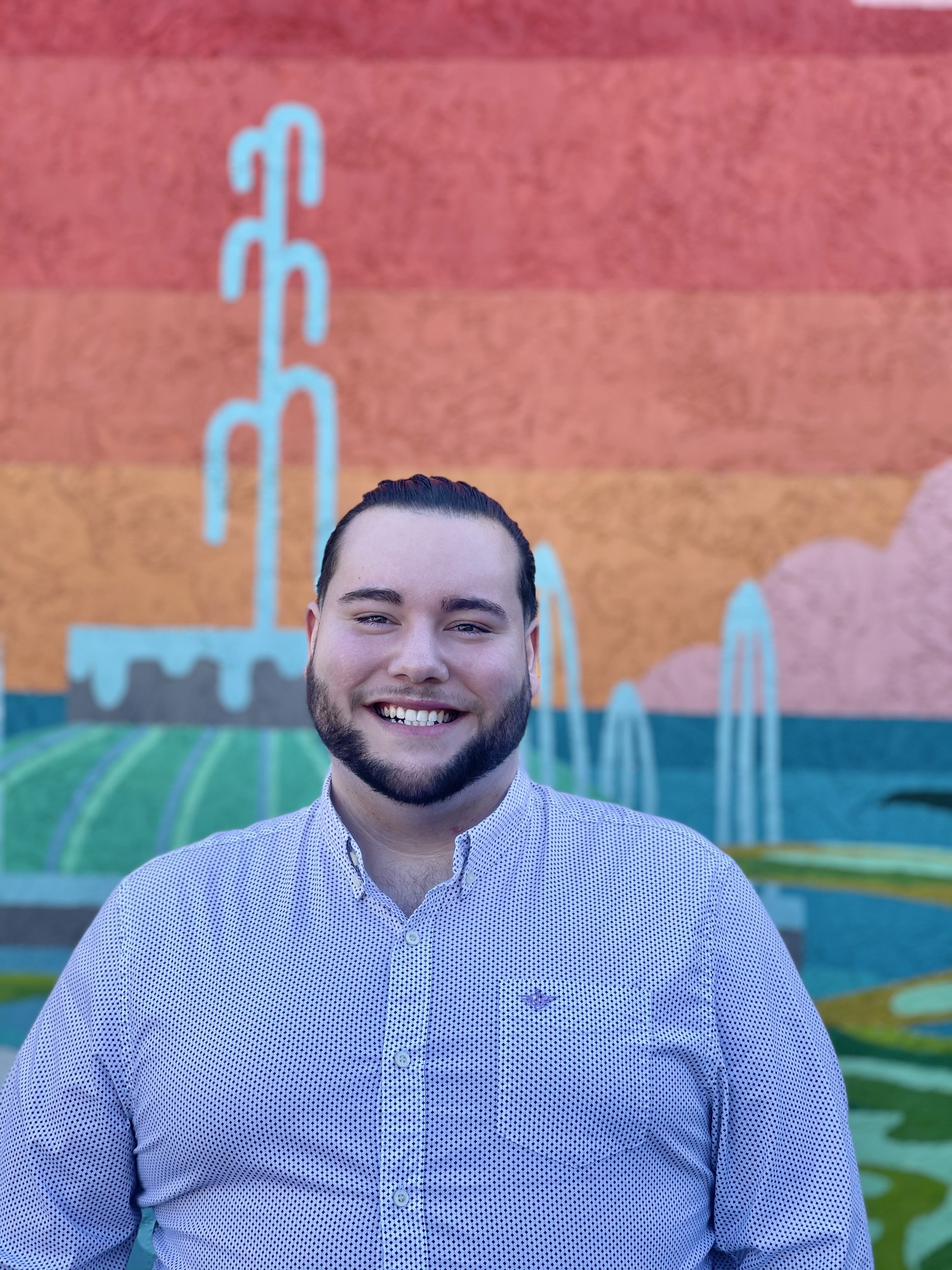Academic Field Tripping
Published:
This blog post is about participatory media and my reflections on the interwebs
Once upon a time
Picture this– you are a lowly nervous graduate student with imposter syndrome, at the very edge of your seat, waiting nervously for an acceptance letter to a Ph.D. program. You are midway through your thesis and have just applied to 6 of the best programs in your field. How could you be so foolish? No way you’re being admitted. Every moment you have spent in graduate school has been a fluke fueled by adrenaline, wits, and the proverbial winging it. You will not move on; there is not enough good faith in your collective spirits to not chew off every fingernail and cuticle until it hurts to type. To ease what seems like an eternity of suffering (though realistically three months) as you wait for decisions, you cling on to anything that makes you feel good, even if just for a moment.
That was me, right about the same time last year. My M.A. degree was challenging, but the panic of Ph.D. admissions consumed me in a way that genuinely felt new and unfamiliar to my usual form of situational anxiety. Enter– participatory media. Participatory media is interesting because it lets you be a reader and contributor within a given social context. In some ways, the reader is intimate with the writer and vice versa, with the mutual understanding that both are equal partners and rely on each other to form a community. Both actors are bound under positive (or sometimes diabolical) circumstances. This time last year, the place I visited the most on the internet was GradCafe. Essentially, picture a subreddit thread but all about college, fellowship, and scholarship decisions. A community filled with like-minded individuals anxiously awaiting news to either celebrate by popping a bottle of champagne or wallow in their sadness and drink it.
I had to record my experiences visiting a participatory media site for my Digital Humanities class. By chance, I remembered GradCafe and its contribution to alleviating my stress last year. So, I chose to reimmerse myself into that world of anticipation and communities built through anxiousness. Serendipitously, I also applied to the Ford Foundation pre-doctoral fellowship this year, and the announcement is due any day now. But I promise– my being on the site this time is purely coincidence… purely. One of the exciting things about this website is that it has an extensive section that will detail people’s submissions about where they got accepted or rejected and what qualifications they had. Arguably, this draws a very toxic line between rejections and the qualities of an applicant, which ostensibly can be really stellar and ignores the holistic process that universities prefer lately. However, the broader benefit is helping students understand the application process, including interview requests or questions related to timelines. That being said, there is a more forum-style component that constructs community at smaller and more tailored scales. These are usually divided by threads, such as moving to insert city here or queer life in graduate school. Theoretically, all topics that would benefit a potential student’s success or an impending announcement that will undoubtedly attract worried students in need of community, such as… for example Ford Foundation 2022 Cycle.
After looking through the Ford Foundation thread– for solely motivated research reasons, I came to several conclusions about this community and participatory media under this context. This first is that this type of reader/writer engagement focuses primarily on fear of the unknown. Most of the posts on the thread were about the announcement date or understanding their selection processes. Additionally, trauma stories of previous applicants who had been overlooked or honorably mentioned were present, and the occasional stressed student projecting failure for laughs also emerged. What came out of these circumstances was a community of understanding and collective action to help alleviate the stress. One most evident tactic was sleuthing, where members of the community search for prized morsels of information that may calm nerves or put everyone on high alert. One example of this sleuthing is a member the calendars of when the selection panels were convened in 2020 and 2021. Everyone was reassured that the patterns were nearly identical but put on edge because it meant that the announcement was still to come– and soon. In another example, a student shared that it would take less time to write a dictionary by a non-dominant hand than it would take to hear back from the foundation. This literally made me cackle, not only because it is absurd but also because the passage of time is prolonged when you anticipate your future. Something all of us do too frequently.
This assignment helped me understand that not every community is constructed from discrete forms of participatory media. The group that I looked into for this assignment will not live on past march when the announcements are made. However, for as long as it is active, it is a source of community. Often good, usually very funny, and most of the time reassuring that there are others out there that pain at announcement notifications as horribly as I do. And next year… a whole new cohort of students will find solice in the collective community constructed around the Ford Foundation 2023 Cycle. And so on and so on.
